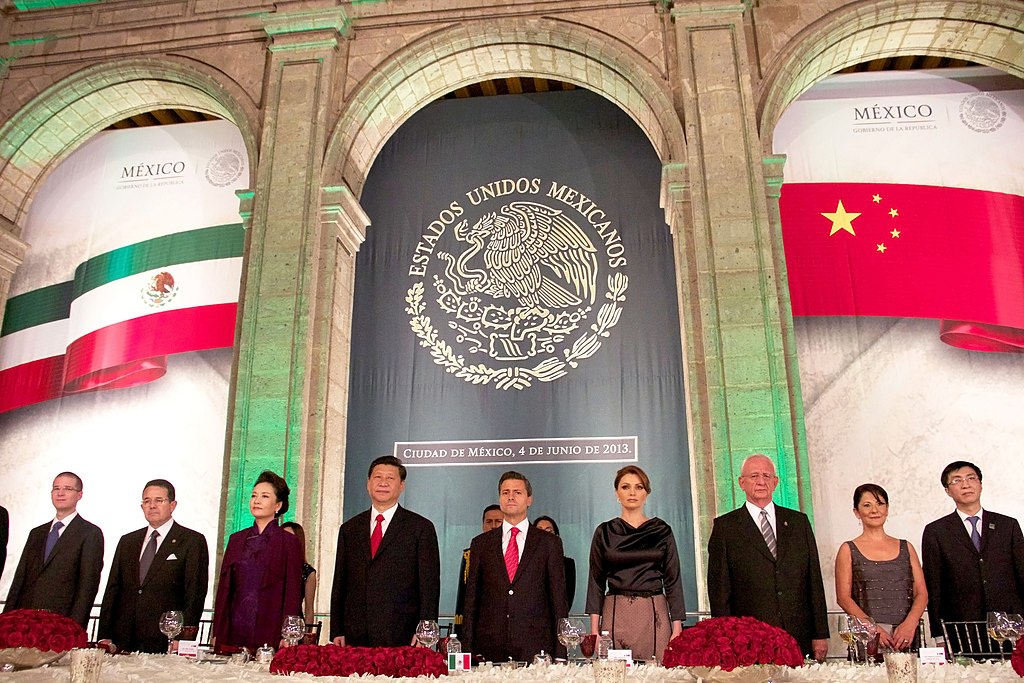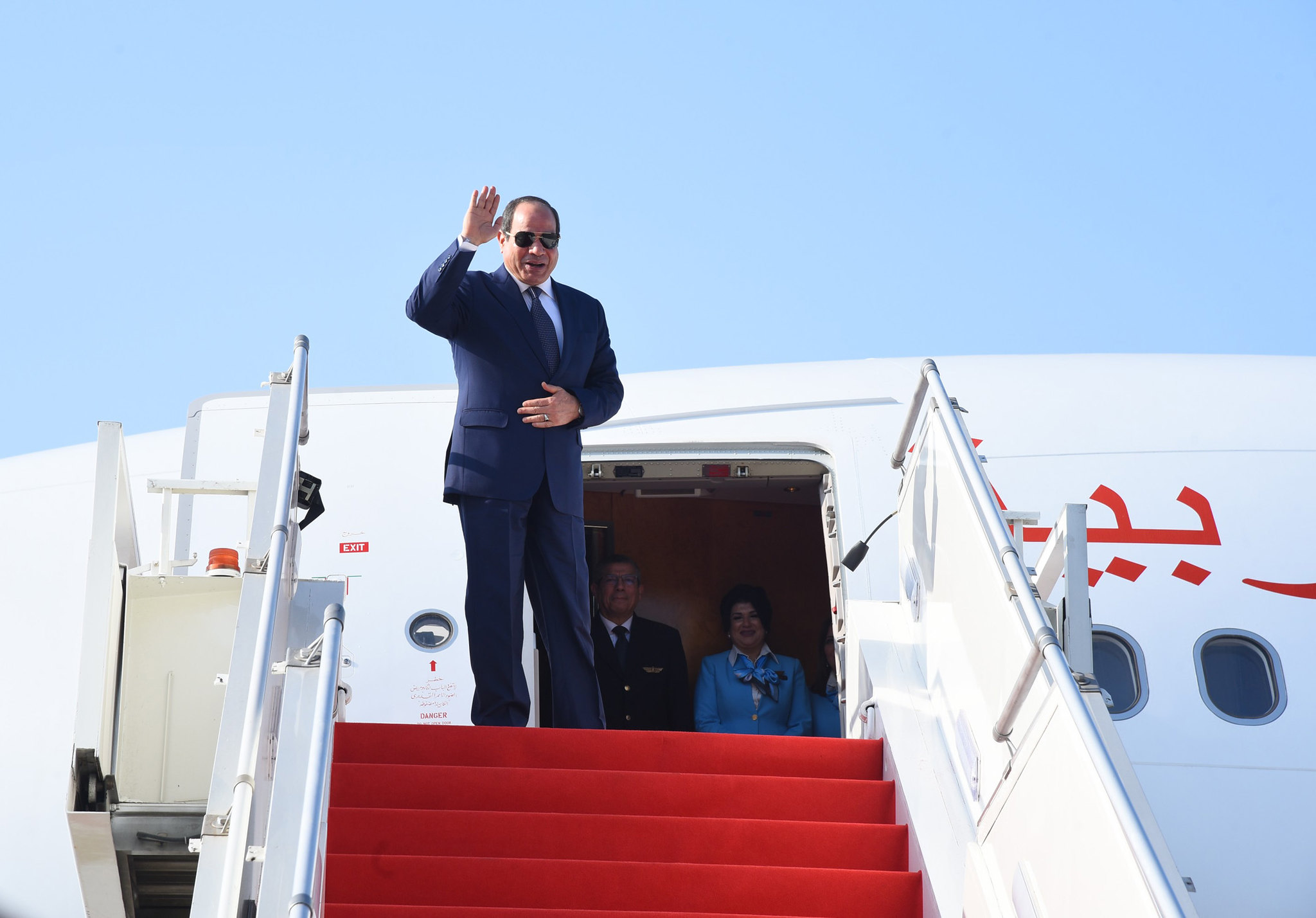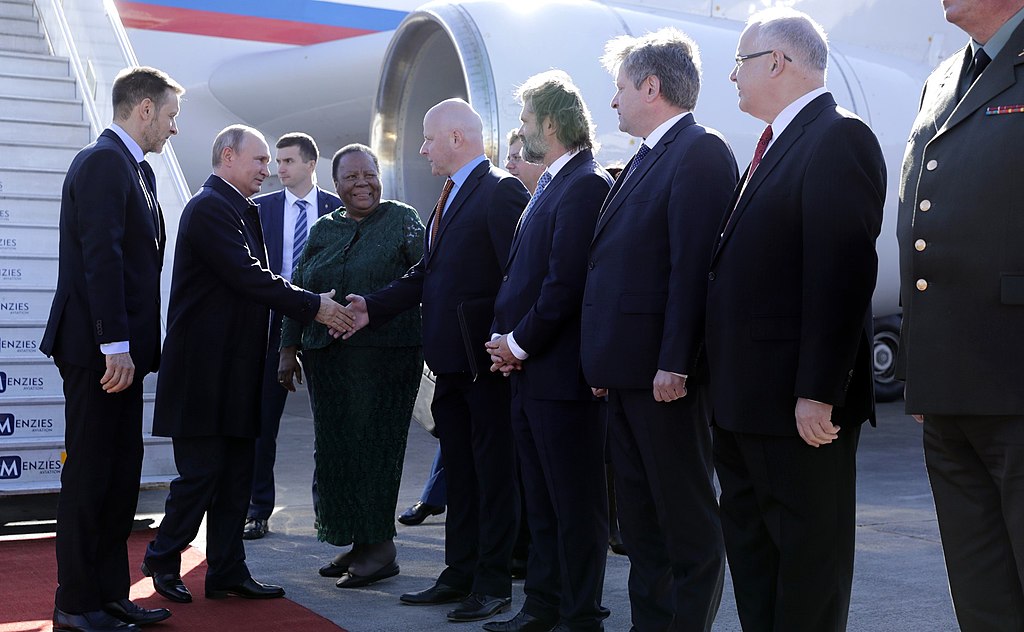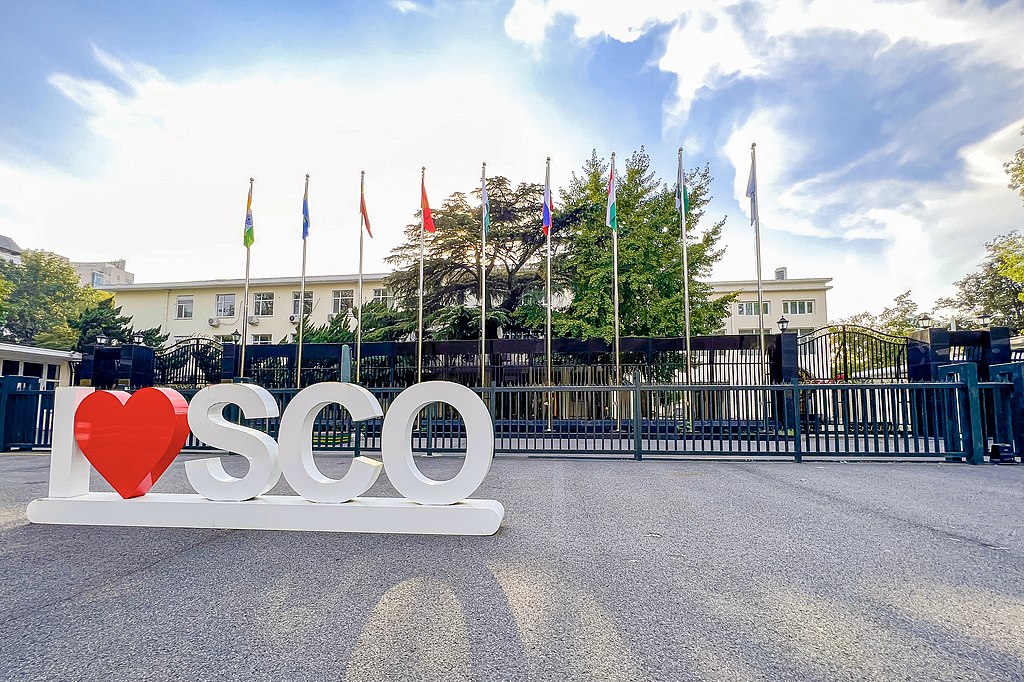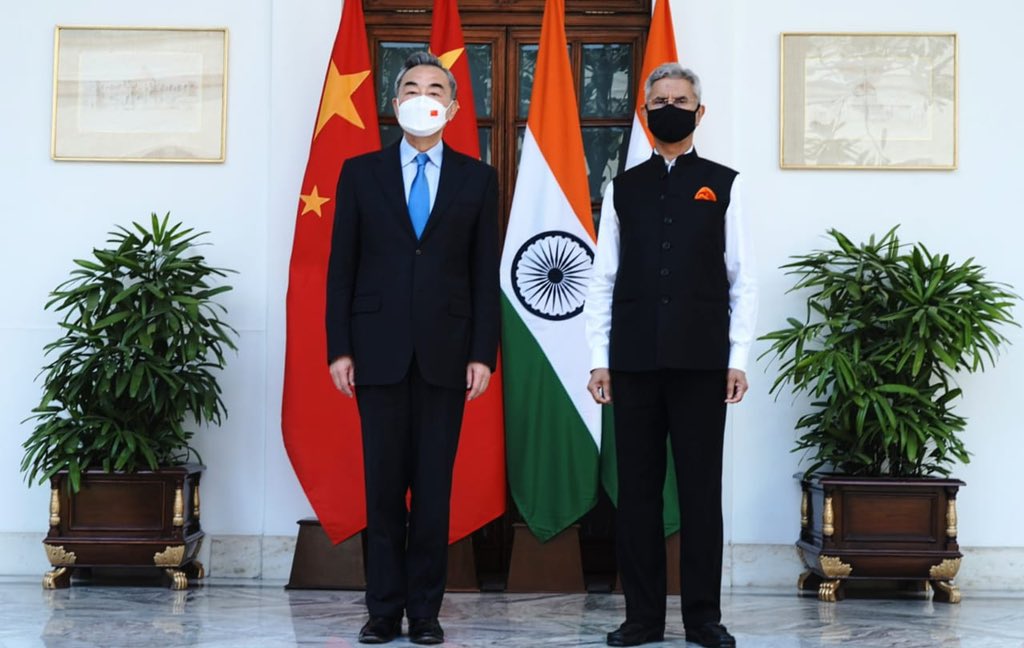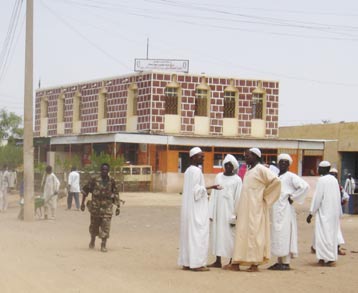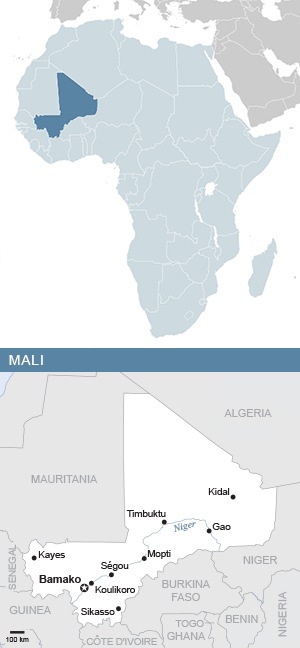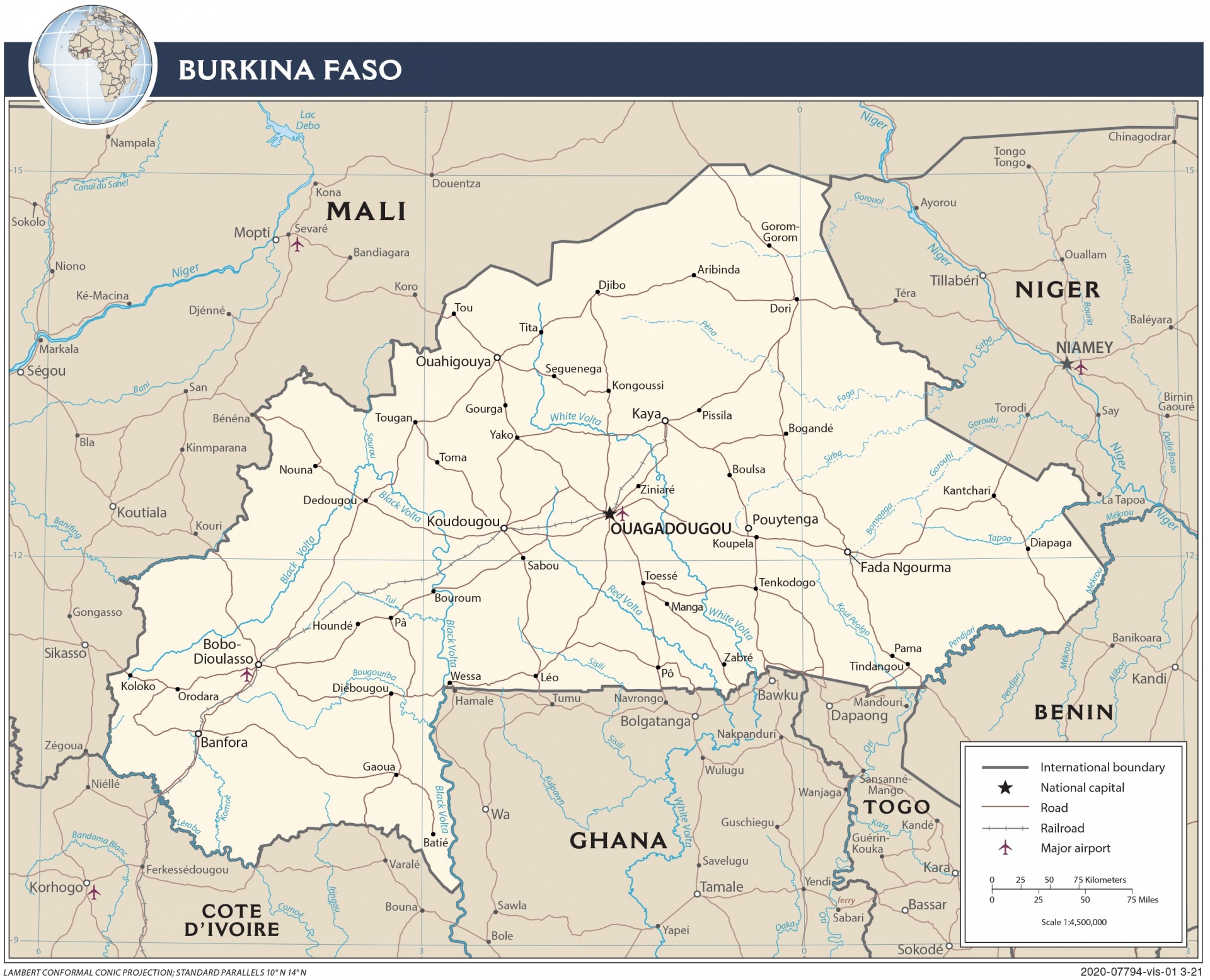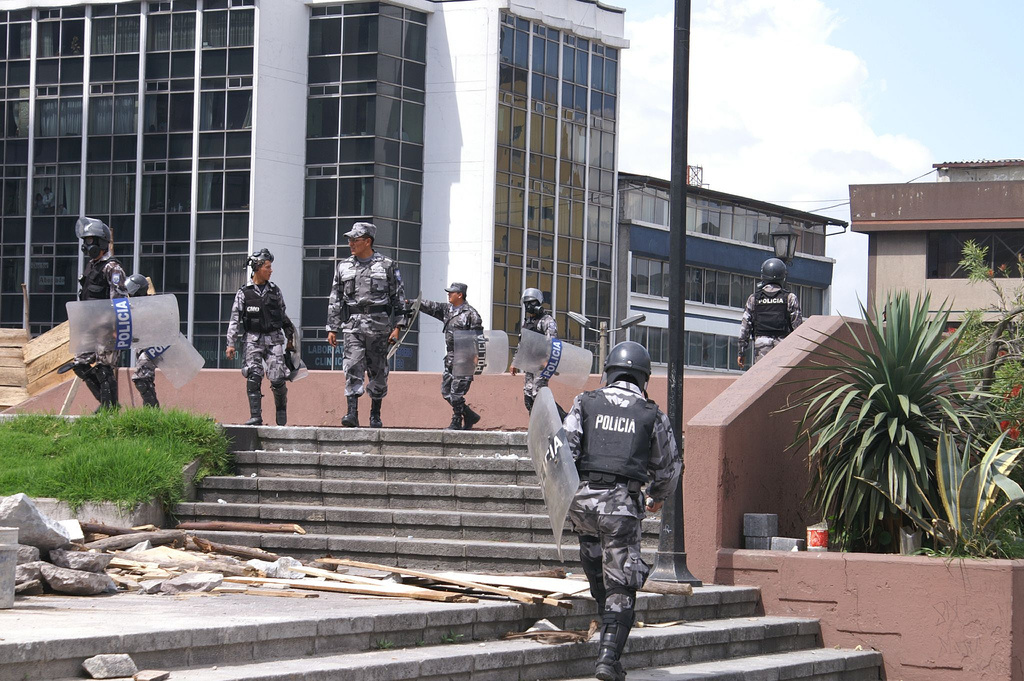
Emblem of People’s Liberation Army Strategic Support Force.
“Civilian personnel can not only provide support for forward combat operations but also independently undertake non-contact operational tasks. They play an irreplaceable and important role in preparing for war and are a new support for combat effectiveness.”
Civilian personnel have previously served in China’s People’s Liberation Army (PLA) primarily in administrative and support roles. However, the regulations on the management of civilian personnel within the Chinese military[i] were revised in January 2023 to improve recruitment, career development, incentives, and retirement. The revision is another effort to increase the quality of talent within the PLA[ii] but also indicates an expansion of the missions that civilian personnel will be tasked to conduct. A recent article in China’s official military newspaper, PLA Daily, discusses the roles civilians play in the world’s militaries and describes the importance of civilian personnel to operational support missions in China’s own Strategic Support Force.[iii] The article reiterates the need to improve talent to prepare for war and take on more mission responsibilities. Civilian personnel are a resource to increase scientific and technological innovation in the military, which the PLA currently views as insufficient. The article notes that as modern warfare becomes more intelligent, unmanned, and non-contact, the PLA should deeply integrate civilian personnel into the operational support system to play a key role in winning future wars. This indicates that within the Strategic Support Force civilian personnel will conduct non-contact combat operations possibly including intelligence, electronic warfare, and information warfare function.
Source:
“发挥文职人员在作战支援保障任务中的重要作用 (Give Full Play to the Important Role of Civilian Personnel in Operational Support Missions),” PLA Daily (Official PRC Military Newspaper), 20 January 2023. http://www.81.cn/jfjbmap/content/2023-01/20/content_332257.htm
A clarion call that civilian personnel are indispensable in preparing for war. With the deepening development of the world’s new military revolution and profound changes in forms of war and combat styles, developed countries generally allocate and use civilian personnel as an important operational support force, and civilian personnel has become an important human resource for modern armies. At present, China is facing extremely severe and complex security challenges, and it is necessary to accelerate the preparation for military struggle and comprehensively improve the quality and level of preparation for war. This requires keeping up with the trend of military development, building a modern military force system, integrating civilian personnel into all aspects and the entire process of military training and preparation, allowing the vitality of all combat effectiveness elements to erupt and fully flowing the source of military modernization construction.”
Notes:
[i] PLA civilian personnel wear military-style uniforms with emblems to distinguish them from military personnel.
[ii] For additional information, see: “构建新时代中国特色军队文职人员制度体系(Building a Civilian Personnel System of Systems in the Military with Chinese Characteristics in the New Era), “PLA Daily, 7 January 2023. http://www.81.cn/jfjbmap/content/2023-01/07/content_331347.htm; also see Kevin McCauley, PLA Education Reforms: Problems Remain After More Than Twenty Years, OE Watch, 10-2022 file:///C:/Users/knpmc/OneDrive/Kevin/Pictures/a%20Twitter/OE%20Watch,%20Vol%2012,%20Issue%2010,%202022.pdf
[iii] China’s Strategic Support Force is responsible for strategic missions such as space-based intelligence, reconnaissance, and electronic countermeasures, signals intelligence, information warfare, and communications.
Image Information:
Image: Emblem of People’s Liberation Army Strategic Support Force.
Source: https://en.wikipedia.org/wiki/People%27s_Liberation_Army_Strategic_Support_Force#/media/File:Emblem_of_People’s_Liberation_Army_Strategic_Support_Force.png
Attribution: Public Domain

